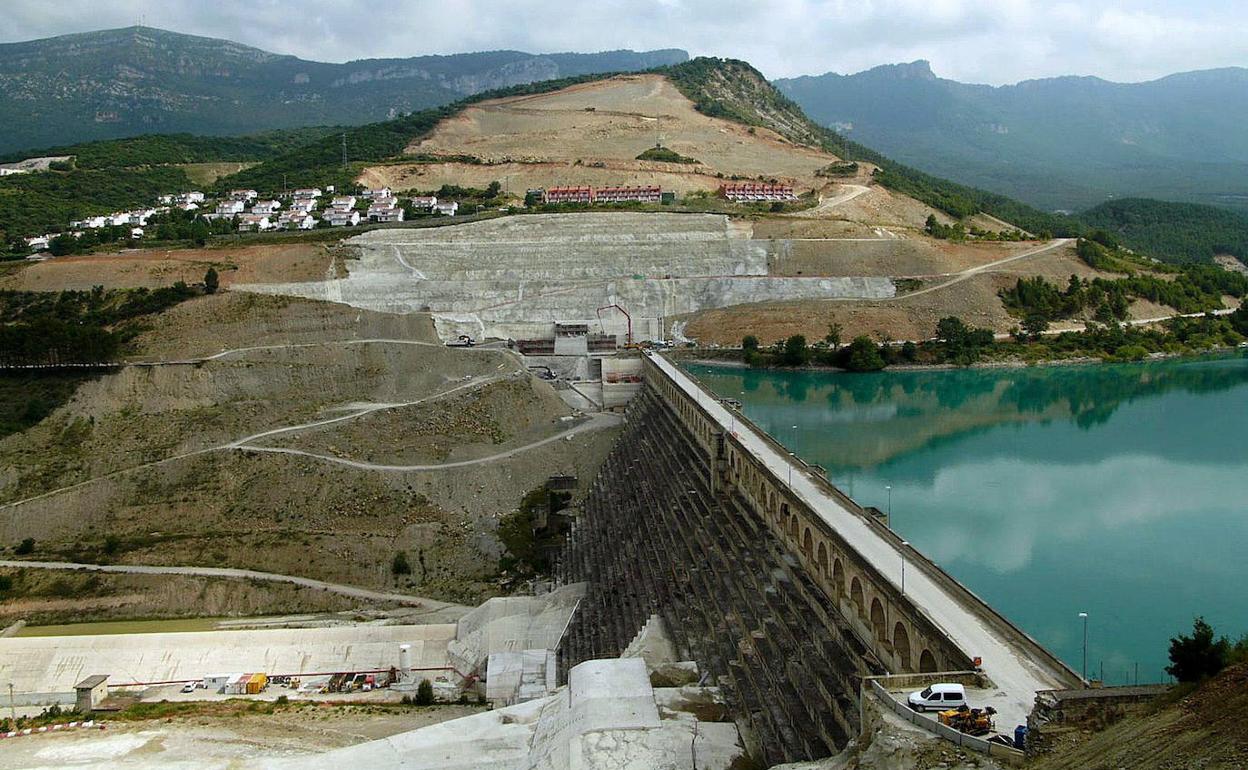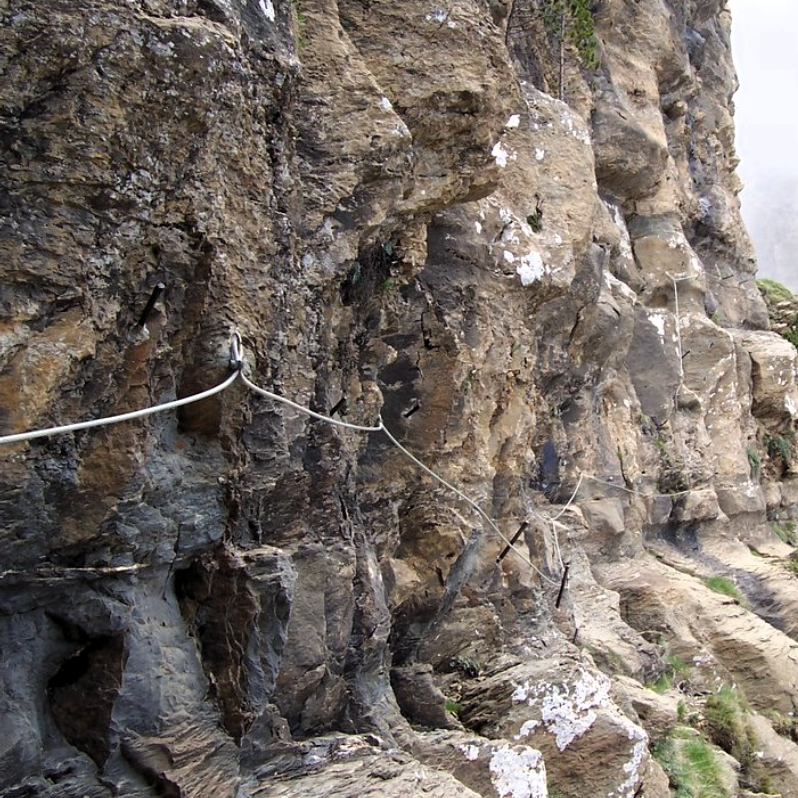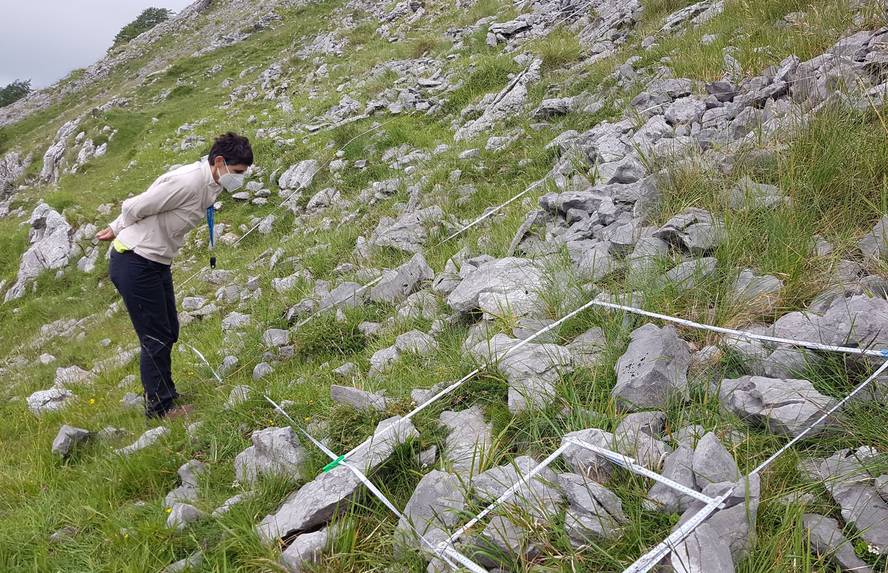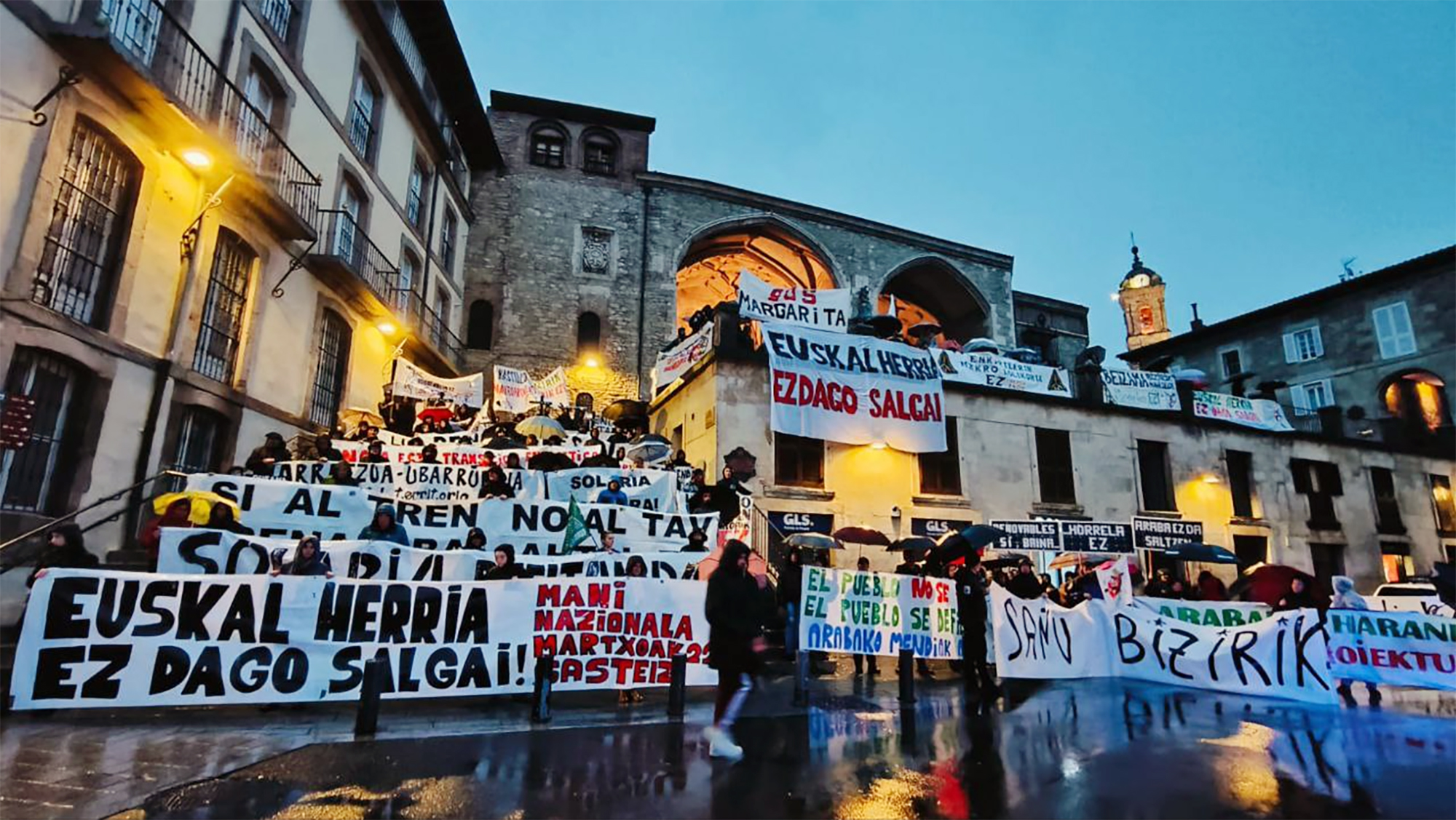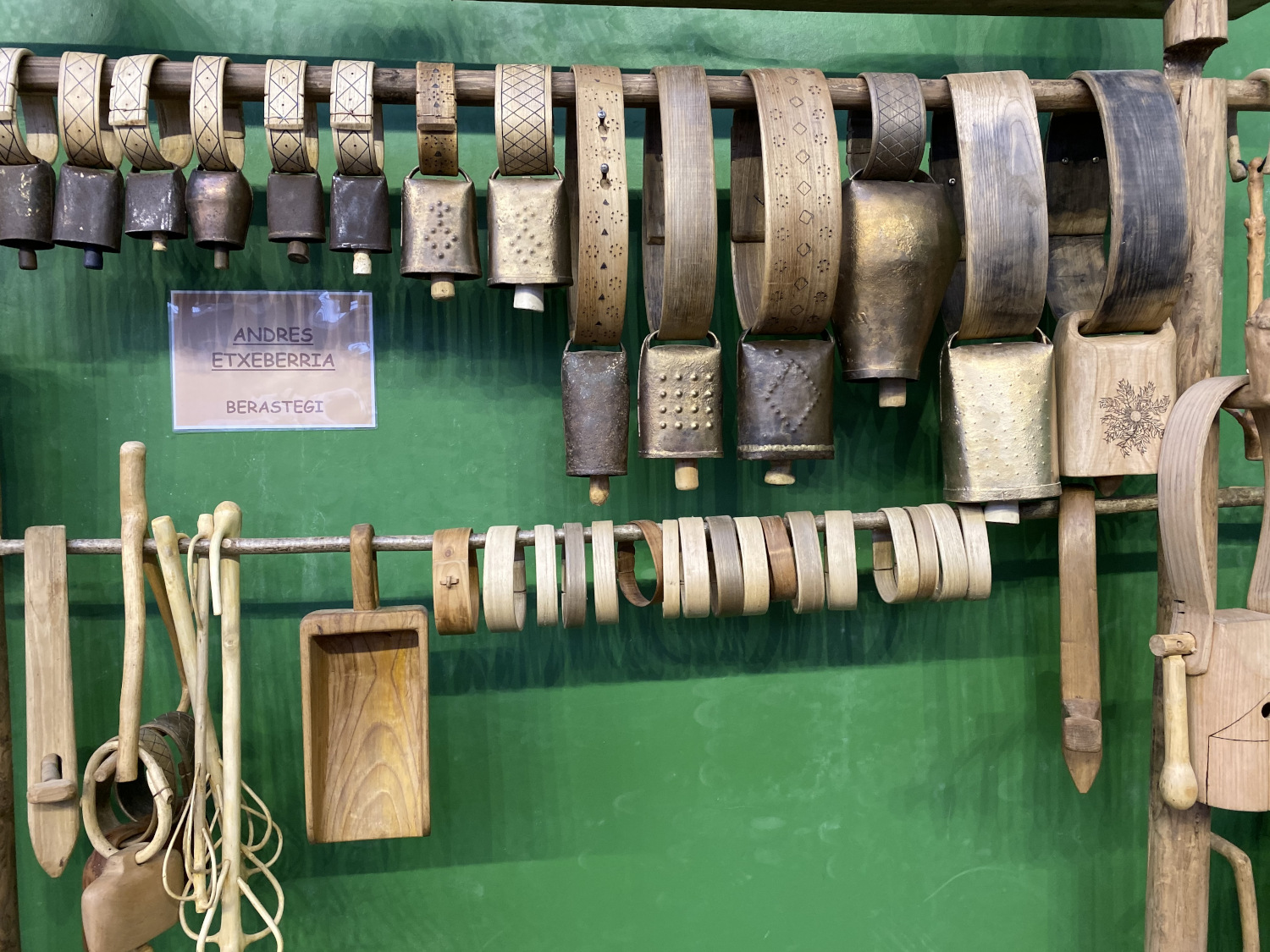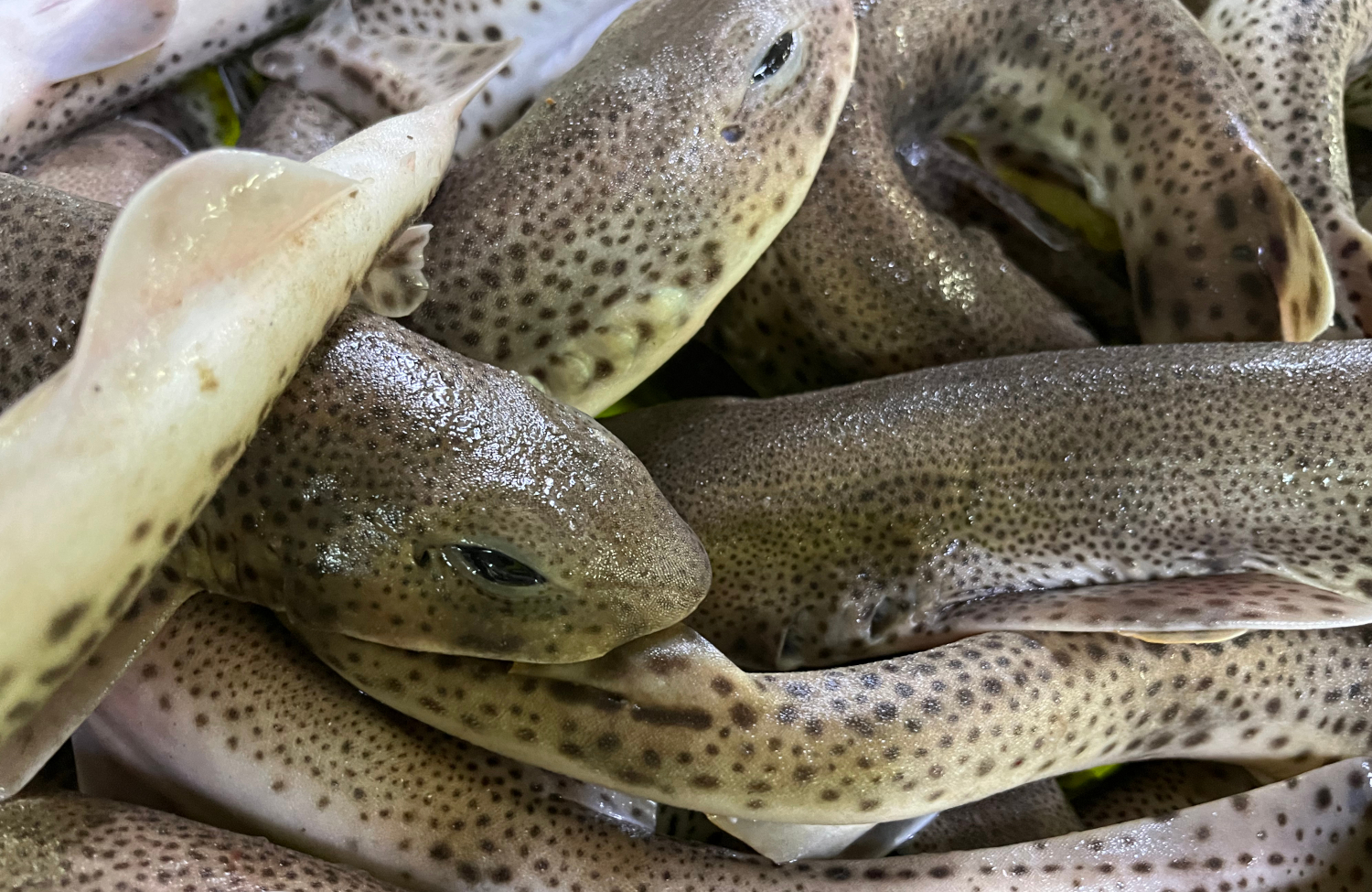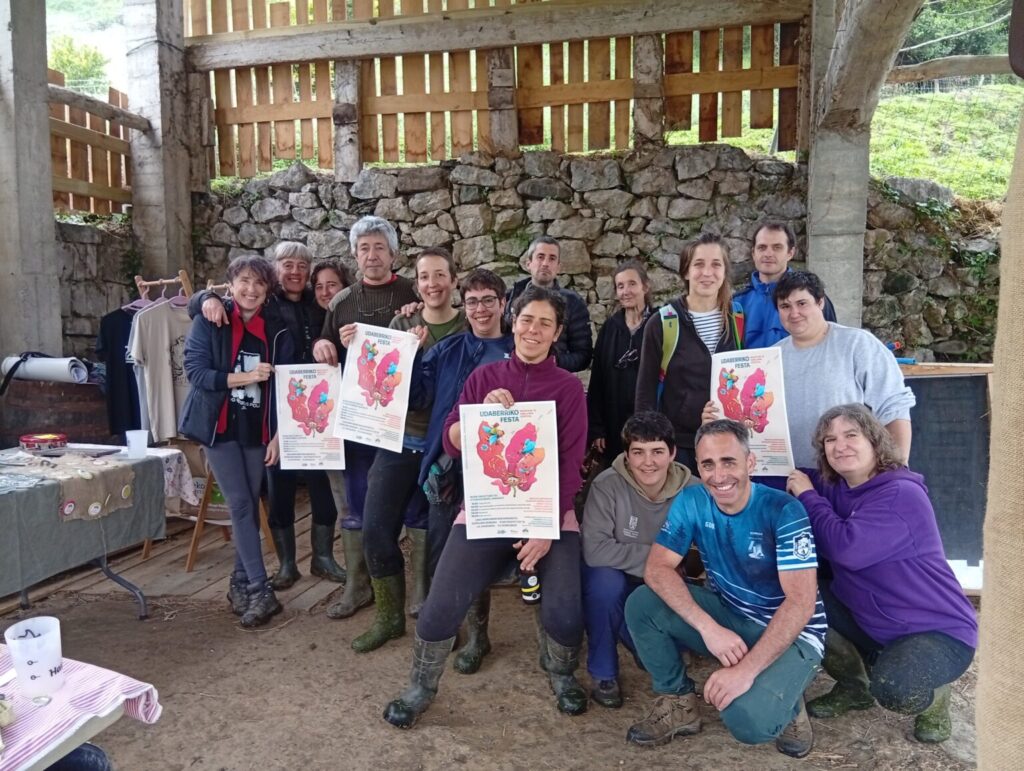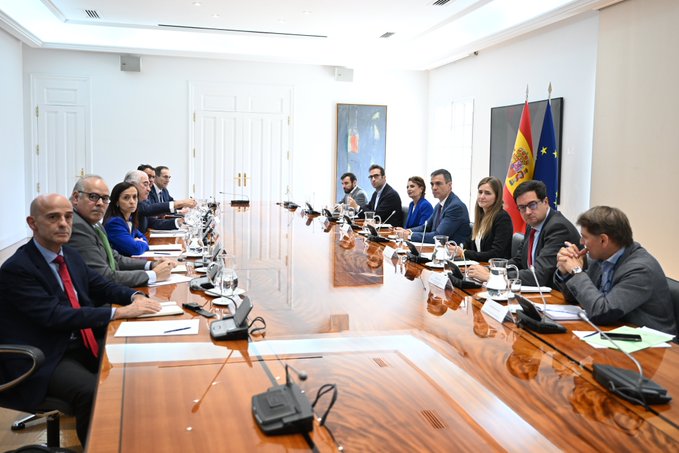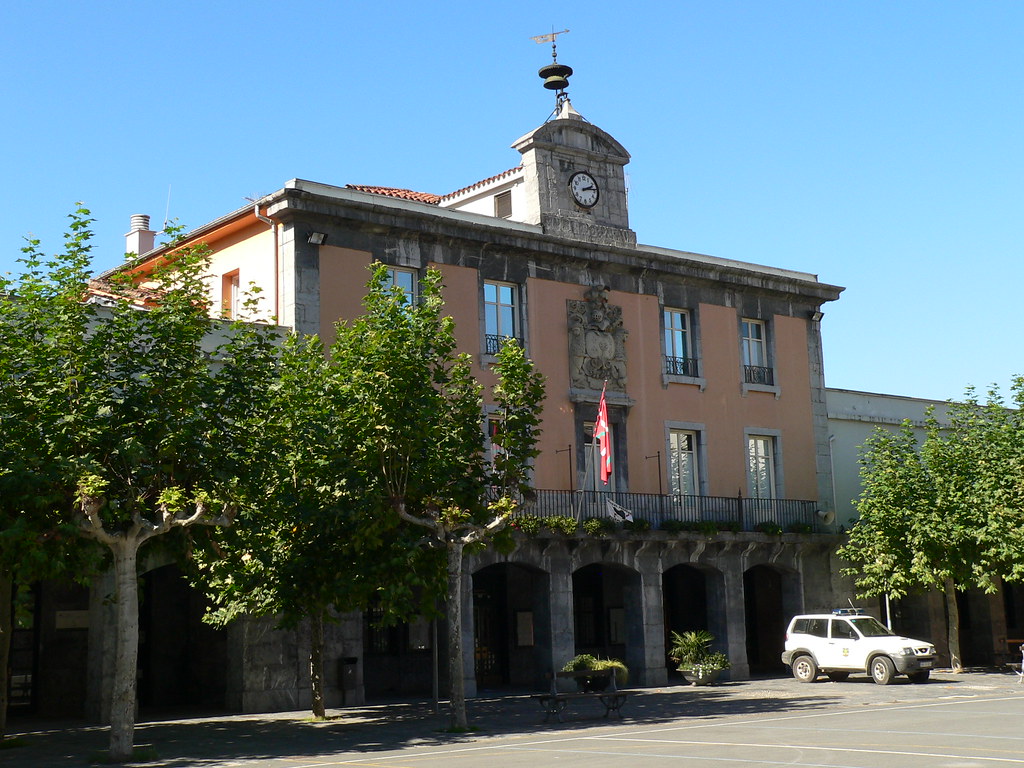The secret mourning in the workplace
- When you read this, I don't know how many peoples I will have in my heart and how many thoughts in my head. Before submitting this paper, I've been to Arantza, Tolosa, Elgoibar and Ondarroa presenting the book Rumarrean.
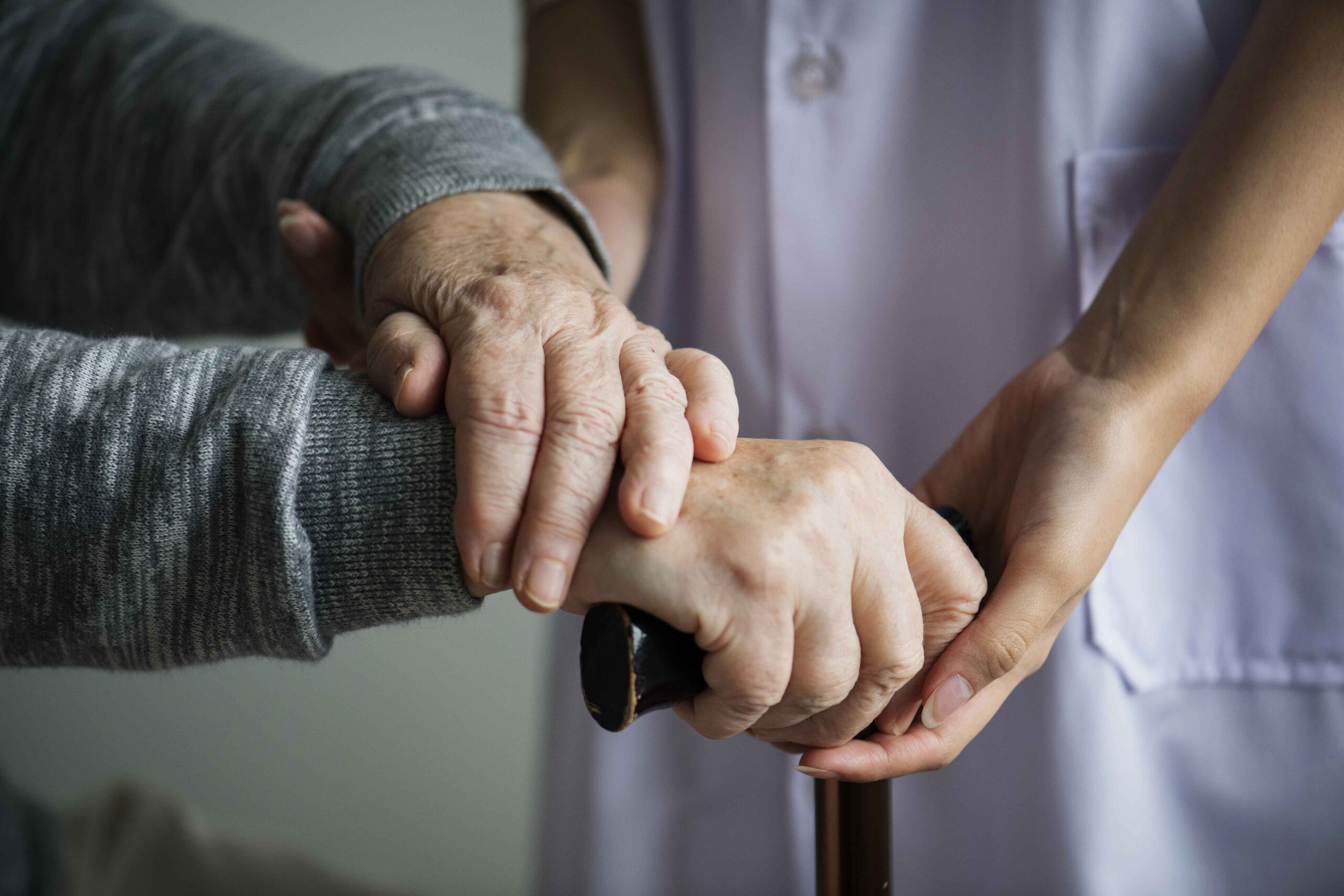
I bring something home from every site. At least I come home with the group that has welcomed me. Then, sometimes, what has been brought lasts a long time, more if in the following days others are chained to him. I look at an interview in Tolosa and in that dilin-ding, the thread lengthens to complete the spider's web.
We talk about the mourning for the death of animals. In general, there is no mention of the pain or helplessness caused in us by the death of animals. I was sick and we had to die. And then?
What comes next? What do our death tents say? Does the diarrhea, in its storm, lead to our confused sadness? Has constipation absorbed our tears? Or better not knowing what's going on inside?
The woman caring for the elderly related all this to her work. Also in that area it is said that what occurs by death calms down. They say that drowned repentance has no air. It doesn't exist. The employment relationship has been interrupted. Fini. It goes somewhere else.
But it's not true, or at least it's not in many cases. Often, the relationship between the caregiver and the caregiver has gone much further than the work contract, and in the shared hours they have shared the same life to form a good embroidery.
I started crochet in N1. I recalled the interview with an UPV professor who spoke of journalists condemned to silence. Gisèle Pericot, once drugged by her husband, was forced to ask that professor's question about his wife's case: Who is in charge of receiving the journalists who are to follow that trial? Who will give them back after a day of violence? How can we accommodate the fear of those journalists – or other personnel – who have been depicted in Gisèle Pericot’s account?
As if I had balls in my hand, I have been added to the tents of the staff – doctors, journalists, NGOs... – found in Palestine – or anywhere else. Who receives them? Who cares for the invisible wounds that occur in these labor relations? Let's think the obvious eyes are being cared for...
I know that death, in general, does not have a good press; that although it is an essential ingredient of life, we do not want to see it or accept it. I don't know if the deaths, or the violence, brought here, you don't see or, if you've seen them, you don't want to pay attention to people who can't live.
In the case of farmers, surely it would be enough for one to breathe death and have the opportunity to share the grief. In other cases, the knot is larger, it may be released more easily if it is a natural death, but you also have to breathe. In cases of violence, I would say that resources should be different.
However, I suspect that in this serious and professional employment relationship that prescribes the standard, rescue strategies will not be included in the work agreements. Let each seek the breaths to release those inner knots.
What do we do with the digestions of our duels? Let it rot? Flush them down the toilet? Or do the tents release us with the calm that give us the breath and time?
Antonio Turiel fisikari eta CSICeko ikerlariak aspaldiko urteetan ez bezala bete zuen Hernaniko Florida auzoko San Jose Langilearen eliza asteazkenean. Zientoka lagun elkartu ziren Urumeako Mendiak Bizirik taldeak antolatuta Trantsizio energetikoaren mugak izeneko bere hitzaldia... [+]
Automatizazioaren eta abereen inguruan kuxkuxeatzen ari nintzela, ukuilu automatizatuen informazioa hasi naiz eskuratzen. Nire idazmahaiaren erosotasunetik idazten, gizakion kontsumorako modu masiboan esplotatzen ditugun abereen bizitzak nahiko penagarriak direla iruditzen zait,... [+]








